Black Health is Public Health: A Legacy of Leadership
Posted on byDuring February every year, we honor the legacy of achievements from Black leaders in the space of public health, civil rights, social justice, health equity, and more.
This year, Black History Month comes on the heels of CDC’s yearlong commemoration of the 35th anniversary of the establishment of the agency’s Office of Minority Health – now called the Office of Health Equity (OHE).
Moving the Needle: Health Equity Thought Leaders
OHE exists to ensure health equity is embedded in an all-of-public health approach to overcoming persistent health disparities and health inequities across a range of population groups that disproportionately experience poor health outcomes. The Office collaborates with partners across the agency to work toward a vision in which all people have the opportunity to attain the highest level of health possible. Many pioneers of public health and social justice have paved the way for us to continue striving toward that vision.
We recognize just a few of the many influential health equity thought leaders that continue to impact our efforts to move the needle forward:
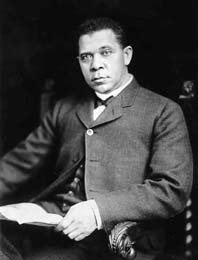 Booker T Washington (1856-1915): Author, educator, orator, philanthropist
Booker T Washington (1856-1915): Author, educator, orator, philanthropist
Established National Negro Health Week in 1915 in response to the growing recognition of the importance of health in ensuring the viability of the Black community and the economy in general. This eventually evolved to what it is now National Minority Health Month every April.1
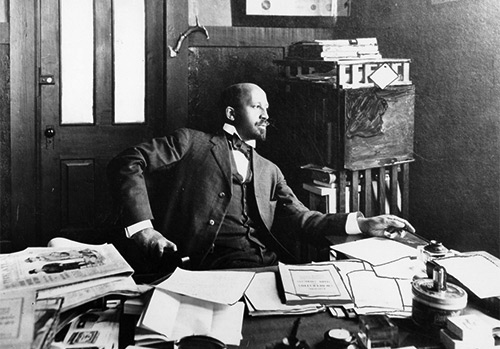 W.E.B. Du Bois, PhD (1868-1963): Sociologist, historian, and civil rights activist
W.E.B. Du Bois, PhD (1868-1963): Sociologist, historian, and civil rights activist
Among the first to note that the health disparities of Black/African American people stemmed from social conditions and not from inherent racial traits; provided empirical evidence linking legacy of slavery and societal racism to Black/African American health.2
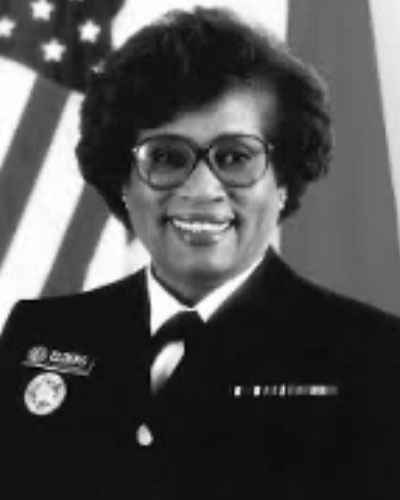 Joycelyn Elders, MD (1933 – ): Physician, researcher, advocate
Joycelyn Elders, MD (1933 – ): Physician, researcher, advocate
First Black person and second woman to serve as U.S. Surgeon General in 1993; first Black person and second woman to head the U.S. Public Health Service; first person in the state of Arkansas to become board certified in pediatric endocrinology.3
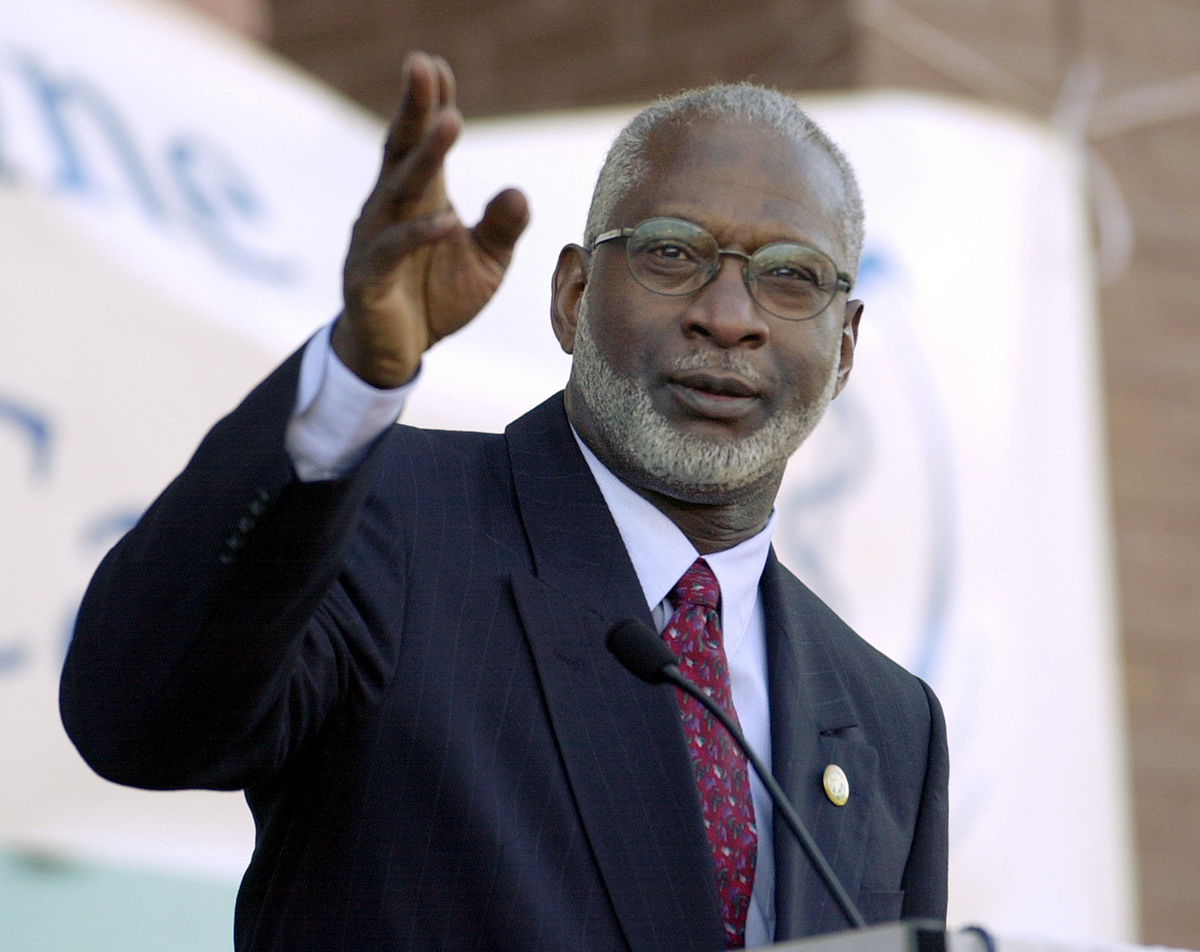 David Satcher, MD, PhD (1941 – ): Physician, scientist, public health administrator
David Satcher, MD, PhD (1941 – ): Physician, scientist, public health administrator
Served as the 16th U.S. Surgeon General (1998-2002), 10th Assistant Secretary for Health in the Department of Health and Human Services (1998-2001), Director of CDC, and Founding Director and Senior Advisor for the Satcher Health Leadership Institute at the Morehouse School of Medicine.4
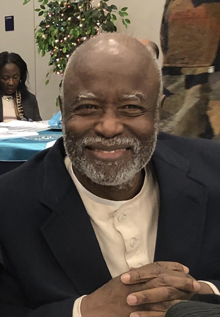 William “Bill” Jenkins, PhD, MPH, MS (1945 – 2019): Public health researcher, academic
William “Bill” Jenkins, PhD, MPH, MS (1945 – 2019): Public health researcher, academic
Among the first cadre of African American people recruited to the USPHS Commissioned Corps in the 1960s. Founded Morehouse College’s Public Health Sciences Institute in 1988 to better prepare underrepresented minority students for entry into graduate schools of public health. Best known for trying to halt the Tuskegee syphilis experiment in 1969.5
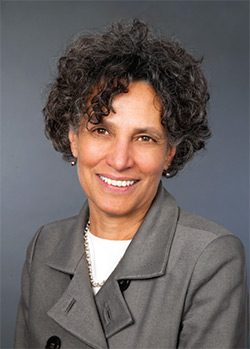 Mary Bassett, MD, MPH (1952 – ): Anti-racism researcher, physician
Mary Bassett, MD, MPH (1952 – ): Anti-racism researcher, physician
Dedicated her career to advancing health equity and overcoming systemic racism. Served as New York City’s Commissioner of Health and worked to ensure that every city neighborhood supported the health of its residents, with the goal of closing gaps in population health across the city. Her 2015 article in the NEJM, “#BlackLivesMatter—A Challenge to the Medical and Public Health Communities,” encouraged critical dialogue and action on issues of racism and health.6
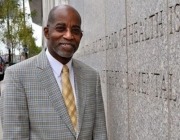 David R. Williams, PhD, MPH, MA, MDiv (1954 – ): Social scientist, researcher
David R. Williams, PhD, MPH, MA, MDiv (1954 – ): Social scientist, researcher
Developed the Everyday Discrimination Scale—the most widely used measure to assess perceived discrimination in health studies. His research has enhanced our understanding of the complex ways in which race, socioeconomic status, racism, stress, health behaviors, and religious involvement can affect physical and mental health.7
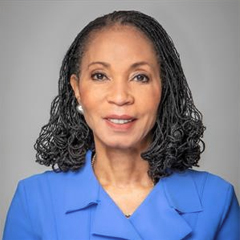 Helene Gayle, MD, MPH (1955 – ): Physician, academic, non-profit administrator
Helene Gayle, MD, MPH (1955 – ): Physician, academic, non-profit administrator
Current president of Spelman College and CEO of The Chicago Community Trust. Formed and led National Center for HIV/AIDS, STD and TB Prevention at CDC. Led international humanitarian global poverty and health organizations, including Gates Foundation and CARE organization.8
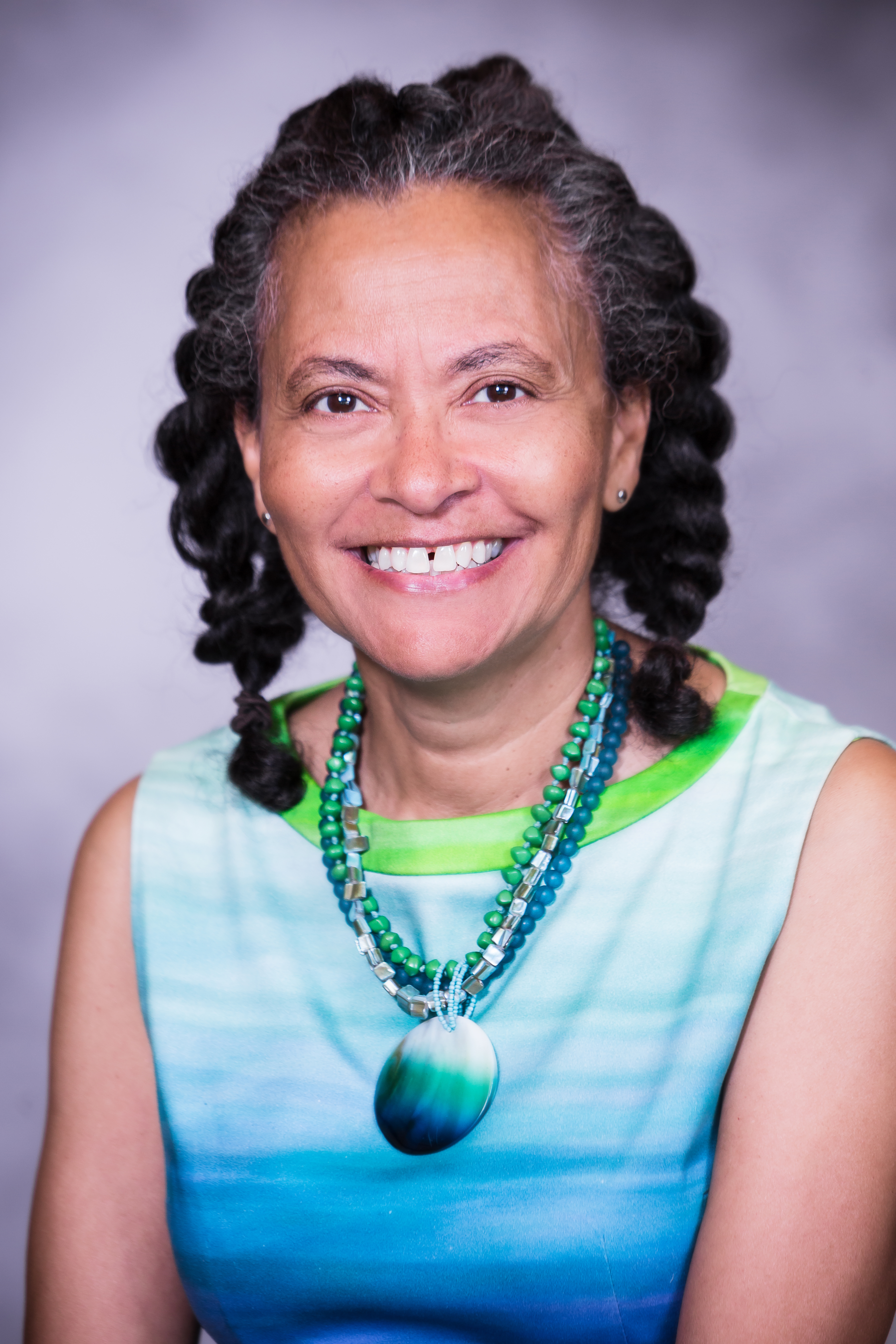 Camara Jones, MD, PhD, MPH (1955 – ): Anti-racism thought leader, physician, activist
Camara Jones, MD, PhD, MPH (1955 – ): Anti-racism thought leader, physician, activist
Developed a theoretic framework for understanding levels of racism and presents it through storytelling to help guide thinking about how to intervene to mitigate the impacts of racism on health. Her work on race-associated differences in health outcomes goes beyond simply documenting those differences to vigorously investigating the structural causes of the differences.9
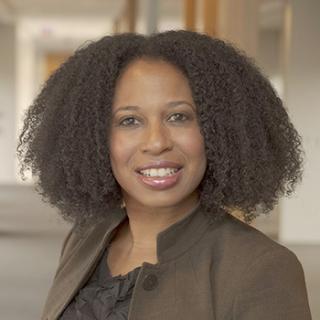 Aletha Maybank, MD, MPH (1974 – ): Physician, researcher, public health administrator
Aletha Maybank, MD, MPH (1974 – ): Physician, researcher, public health administrator
Strengthened equity efforts and transformed organizational culture to support the success of the Center for Health Equity at the NYC Department of Health and Mental Hygiene, of which she is the founding deputy commissioner. Focuses on embedding health equity across all the work of the American Medical Association and leading its Center for Health Equity, as the current chief health equity officer and senior vice president.10
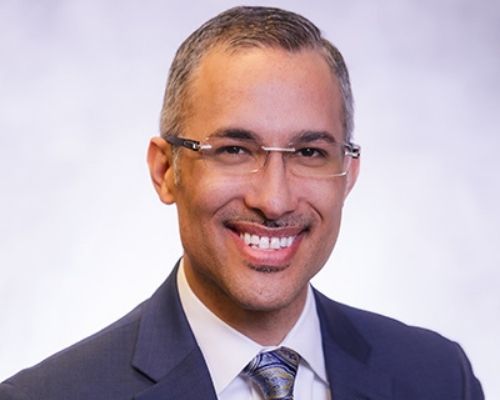 Daniel Dawes, JD, MPH (1980 – ): Lawyer, author, scholar, educator
Daniel Dawes, JD, MPH (1980 – ): Lawyer, author, scholar, educator
Examines the drivers of health inequities and how policy and politics influence the conditions that generate health outcomes, including pandemics, wars, and other threats. Current Director of the newly established Institute of Global Health Equity at Meharry Medical College.11
Kizzmekia Corbett, PhD (1986 – ): Scientist, educator
Played a significant role in developing the COVID-19 vaccine. She also worked to build vaccine trust among Black Americans.12
Health Equity Leaders at CDC: From the Early Days to Now
When the first Office of Minority Health was established 35 years ago, the agency began to see elevating awareness across CDC programs of the disproportionate burden of premature death, preventable disease, and injury experienced by communities of color in the United States. Establishing the Office of Minority Health strengthened the agency’s capacity to effectively address and reduce health disparities and increase the diversity of the CDC workforce to broaden perspectives on how best to improve minority health through surveillance, programs, policies, and other strategies.
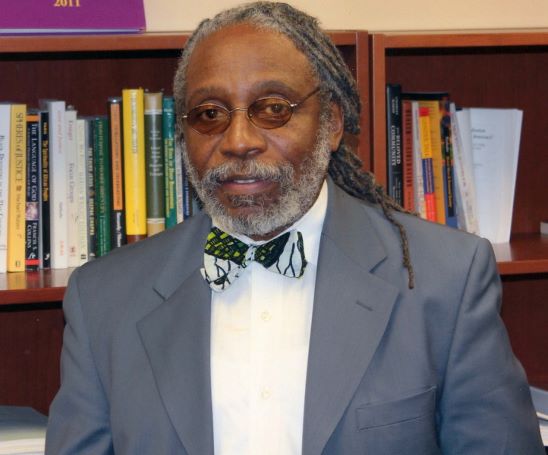 CDC was the first operating division within the Department of Health and Human Services to establish an office of minority health in response to the 1985 Secretary’s Task Force Report on Black and Minority Health. Over the past 35 years, both the discourse of minority health and the complexities associated with reducing and eliminating health disparities have evolved. The agency has shifted to include eliminating racial and ethnic health disparities, overcoming health inequities, addressing social determinants of health, and achieving health equity. Yet, in the span of three and a half decades and multiple name iterations, OHE’s three leaders have remained focused on the same mission: reducing health disparities.
CDC was the first operating division within the Department of Health and Human Services to establish an office of minority health in response to the 1985 Secretary’s Task Force Report on Black and Minority Health. Over the past 35 years, both the discourse of minority health and the complexities associated with reducing and eliminating health disparities have evolved. The agency has shifted to include eliminating racial and ethnic health disparities, overcoming health inequities, addressing social determinants of health, and achieving health equity. Yet, in the span of three and a half decades and multiple name iterations, OHE’s three leaders have remained focused on the same mission: reducing health disparities.
CDC’s first Office of Minority Health was established in 1988 under the direction of Rueben Warren, DDS, MPH, DrPH, MDiv. Dr. Warren was instrumental in launching CDC’s student internship programs, which initiated the agency’s efforts to increase the presence of underrepresented students in health professions at CDC. These programs continued to evolve, and when second Director and Associate Director for Minority Health of the Office of Minority Health/Office of Minority Health and 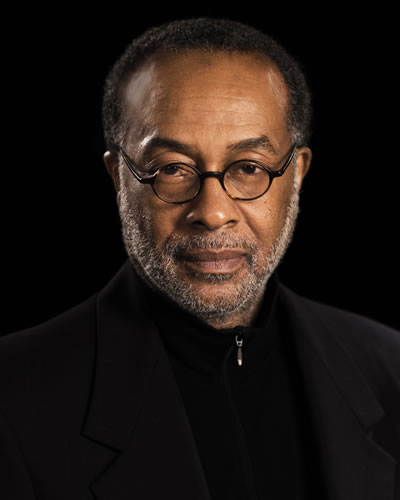 Health Disparities, Walter Williams, MD, MPH, FACPM (CAPT, USPHS, Ret.), took over in 1998, he established a Cooperative Agreement for what is now known as the CDC John R. Lewis Undergraduate Public Health Scholars Program. Every year, CDC recognizes exceptional projects from this program that advance health disparity science and minority health. The Williams-Hutchins Health Equity Award was named (in part) after Dr. Williams who realized early on that the scholars program would be a game changing initiative to increase diversity in the public health workforce. He also holds the distinction of being the first African American to complete a 30-year career as a US Public Health Service Officer at CDC.
Health Disparities, Walter Williams, MD, MPH, FACPM (CAPT, USPHS, Ret.), took over in 1998, he established a Cooperative Agreement for what is now known as the CDC John R. Lewis Undergraduate Public Health Scholars Program. Every year, CDC recognizes exceptional projects from this program that advance health disparity science and minority health. The Williams-Hutchins Health Equity Award was named (in part) after Dr. Williams who realized early on that the scholars program would be a game changing initiative to increase diversity in the public health workforce. He also holds the distinction of being the first African American to complete a 30-year career as a US Public Health Service Officer at CDC.
In 2011, Leandris Liburd, PhD, MPH, MA was appointed to lead the Office. During her tenure, she has advanced the science and practice of health equity. During the COVID-19 pandemic, she served as the inaugural Chief Health Equity Officer for the COVID-19 Emergency Response and led efforts to address the devastating burden of COVID-19 hospitalizations and deaths experienced by communities of color, namely American Indians, Hispanics and Latinos, and African Americans. Dr. Liburd also co-created and led CDC’s first ever agency-wide health equity science and intervention strategy known as CORE. In 2023, CDC launched the new Office of Health Equity and Dr. Liburd has served as the Acting Director since its inception. Today, health equity leadership continues to expand beyond OHE and has become commonplace across the agency with the establishment of Health Equity Officers for each CIO, a Health Equity Leadership Network, a Chief Health Equity Officer for each emergency response, a thriving scholars program, and more. Reflecting on the many achievements throughout history, Dr. Liburd stated, “When we look back on the historic efforts of those who have progressed the field of public health, social justice, and cultural movements, we are able to put our Office’s evolution in perspective and examine what makes our contributions distinctive within CDC’s comprehensive public health program.” Dr. Liburd was recently featured in TIME magazine as a one of 18 Black leaders working to end the racial wealth gap for her commitment to advancing health equity.
We Keep Moving Forward… Together
Today, the opportunity to achieve health equity is closer than ever, with the advancement of diversity, equity, inclusion, and accessibility tightly interwoven through CDC’s priorities.
Throughout this year’s Black History Month, we invite you to share some of the many contributions of our African American colleagues in the space of public health, the arts, and/or contributing to the advancement of health equity.



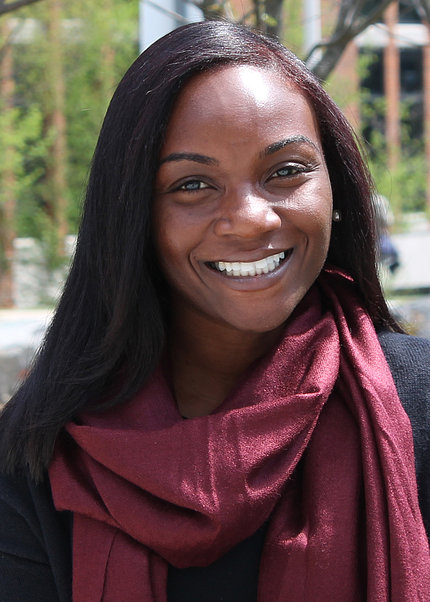
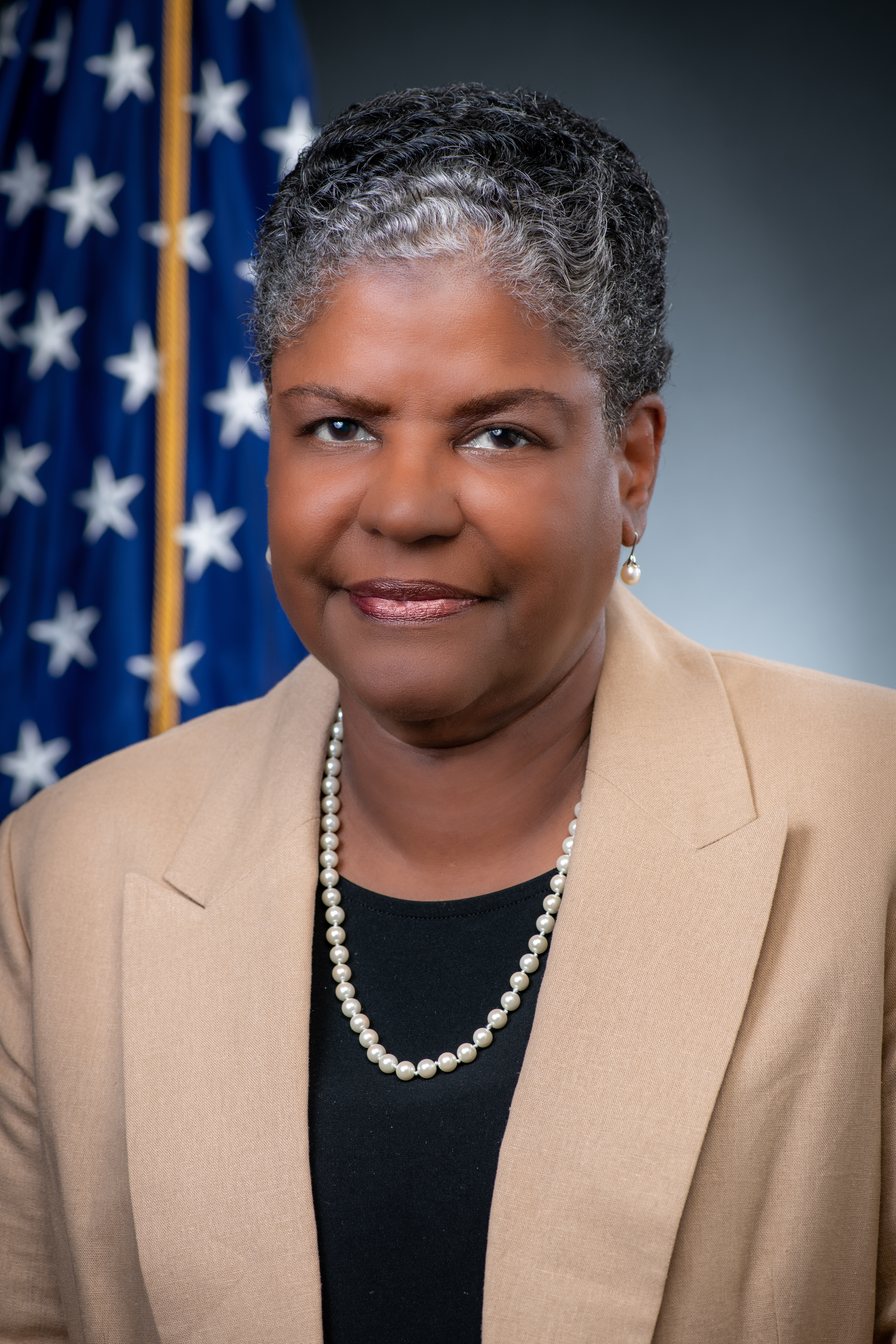
Post a Comment